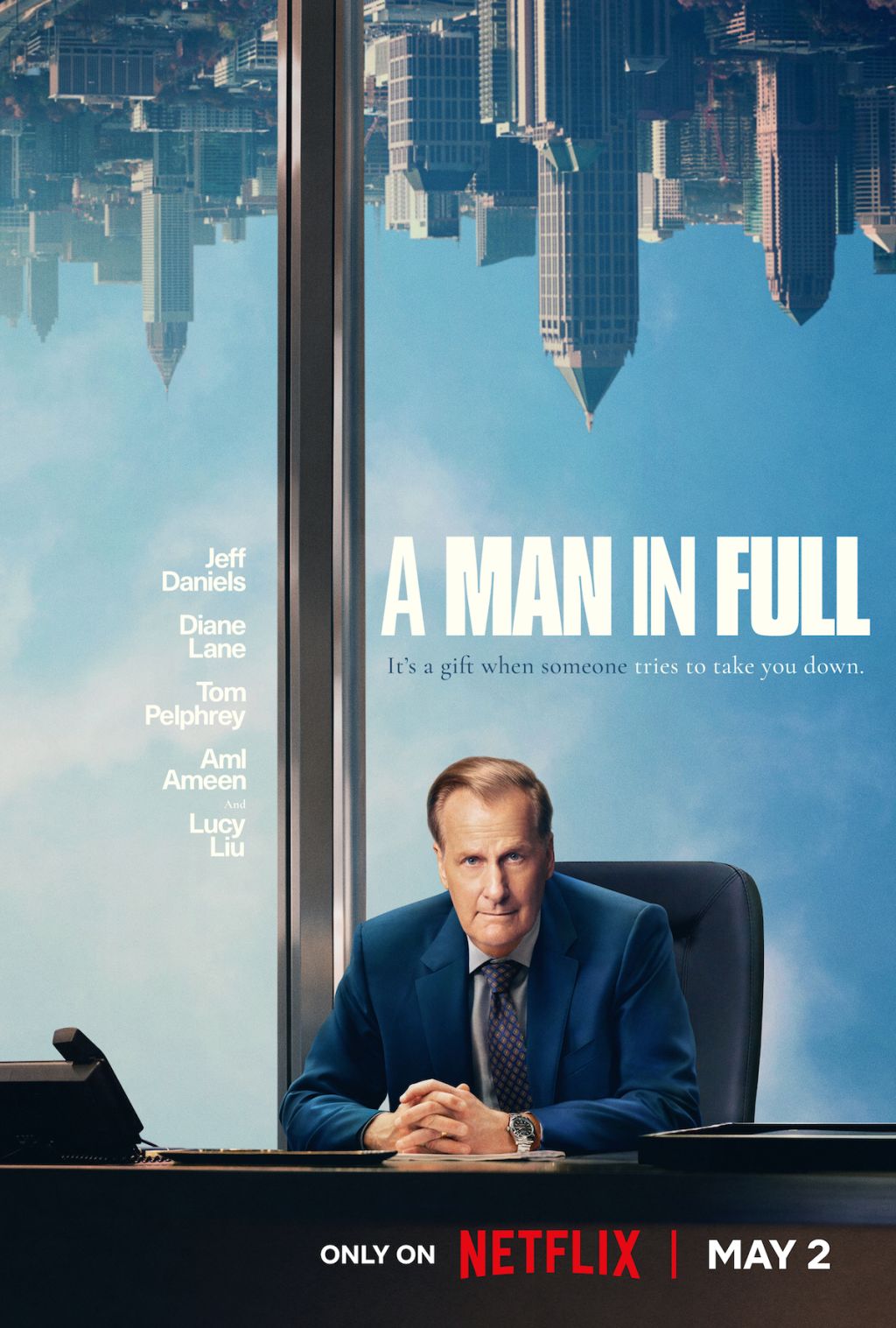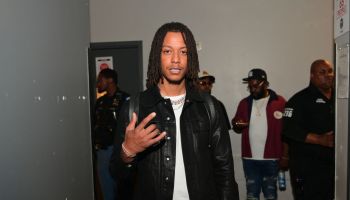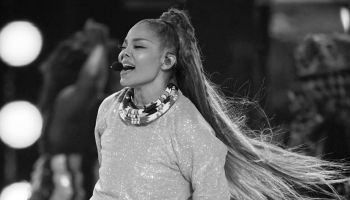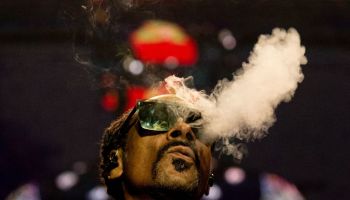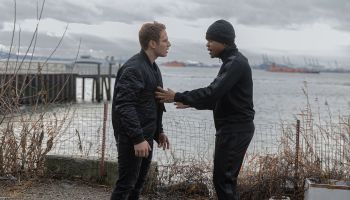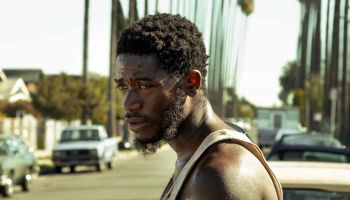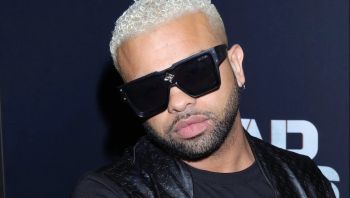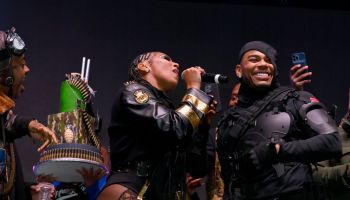After watching his city burn for three days, on May 1, 1992 Rodney King spoke.
He had enough.
The man — who should have been more outraged than anyone else in Los Angeles — wasn’t angry.
He was emotional and scared.
DETAILS: Rodney King Is Dead At 47
King, who was holding back tears, held a press conference in front of a group of reporters where he uttered these famous words:
“I want to say, can we all get along? Can we get along? Can we stop making it harder for the older people and the kids? And, I mean, we got enough smog here, Los Angeles, let alone deal with setting these fires and things. It’s just not right. It’s not right. It’s not going to change anything. We’ll get our justice. They’ve won the battle but they haven’t won the war.”
While Rodney King and most Americans at home were shocked and disturbed by the amount of violence and destruction that the riots caused, hip-hop — which was, at the time, still the voice of the young, poor, black, angry youth — wasn’t.
They saw this coming.
PHOTOS: The 411 On Rodney King’s Legacy
Iconic rap groups like Public Enemy and N.W.A. had been saying for years that there would be retribution for the undocumented atrocities that the police and other racial groups were committing against the poor black youth in ghettos throughout the United States.
Songs like N.W.A.’s “Fuck the Police,” one big middle finger to cops, and Ice Cube’s “Black Korea,” which documented the rising tension between blacks and Koreans, weren’t just random menacing threats. Those songs represented the feelings of young black man who have had enough. The lesson was: push us far enough, and there would be consequences.
On March 3, 1991, the date when four white officers beat a non-confrontational Rodney King after a car chase, the logs for the blaze were set. On April 29, 1992, when an all-white jury found the four police officers not guilty, the match and gasoline was thrown.
The infamous L.A. riots lasted for six days and would cause $1 billion dollars worth of damage. Over two thousand people were injured and 53 were killed.
The best thing about hip-hop’s role in the LA riots was not only that they predicted it, but they didn’t let anyone forget. Even after the tension calmed down, and the billion dollars in damage was fixed, hip-hop didn’t let up.
Songs like Dr. Dre’s “The Day Niggaz Took Over” and Ice Cube’s “We Had To Tear This Muthafucka Up” documented the chaos brilliantly. The Geto Boy’s “Crooked Officer” and Bodycount’s “Cop Killer” took aim at police officers still doing these unjust crimes. Willie D, from the Geto Boys, even criticized King on “Rodney K” for being a “sellout” for his infamous call for peace.
That call for peace and hip-hop’s call for action were the first things that came to mind when I learned Rodney King was found dead this morning in his home at the age of 47.
Though King’s phrase and hip-hop’s words might seem like they contrast each other, they really don’t. They are two ideas in one thought: Yes, “we can all get along,” but everyone has to play fair. Or, we’ll have to “Tear This Mothafucka Up.”
Hit me on Twitter, help get my followers up. I sincerely promise I won’t follow back.
